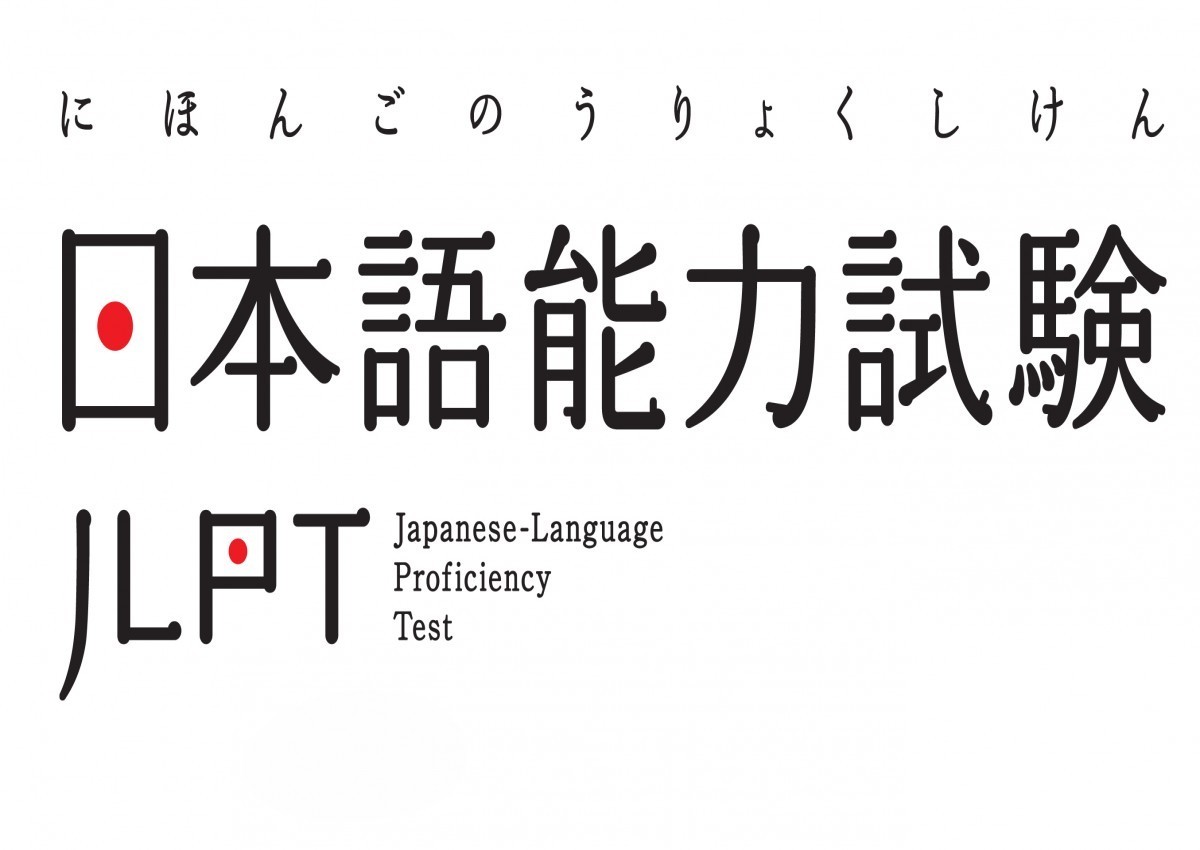05 Nov
"Beat the Japanese Exam: Unconventional Study Techniques Proven By Top Scorers"
# Beat the Japanese Exam: Unconventional Study Techniques Proven By Top Scorers
Studying for a Japanese language exam, such as the Japanese Language Proficiency Test (JLPT) or any other challenging Japanese exam, can be a daunting task. However, what if we told you that there are unconventional study techniques that have been proven to work wonders, as endorsed by top scorers who have aced these exams? In this blog, we'll explore some of these unconventional approaches to Japanese language exam preparation that can help you not only pass but excel in your Japanese language exams.
## 1. Immersive Language Exposure
Many top scorers credit their success to immersing themselves in the Japanese language as much as possible. Instead of relying solely on textbooks and classroom lessons, they surround themselves with Japanese in various forms: watching Japanese TV shows, reading manga or novels in Japanese, and even participating in Japanese language communities online. This kind of immersion helps develop an intuitive understanding of the language, going beyond rote memorization.
## 2. Gamify Your Learning
Gamification can be a powerful tool for learning a language. Top scorers often turn language learning into a game by setting challenges and rewards for themselves. For example, they might challenge themselves to have a 10-minute conversation with a native speaker every day and reward themselves with a favorite treat or hobby if they achieve it. This makes the learning process fun and motivating.
## 3. Mnemonics and Memory Techniques
Japanese exams, especially the JLPT, require you to remember a vast number of characters, words, and phrases. Many successful test-takers use mnemonic techniques to aid memory retention. These techniques involve creating vivid mental images, stories, or associations to help remember complex characters or words. It's an unconventional but highly effective way to master the language's intricate components.
## 4. Teach What You Learn
Teaching what you've learned to someone else is a powerful method for reinforcing your understanding of a topic. Top scorers often explain Japanese grammar or vocabulary to friends, family, or even imaginary students. This not only helps solidify their own knowledge but also allows them to identify gaps in their understanding.
## 5. Focus on Weaknesses, Not Strengths
It's tempting to spend more time on what you're already good at, but top scorers often take the opposite approach. They identify their weaknesses and tackle them head-on. This means dedicating more study time to areas they find challenging, such as tricky grammar points or difficult kanji characters.
## 6. Create Personal Connection
Japanese is more than just a set of words and rules; it's a language with deep cultural roots. Top scorers find ways to connect with the culture to make their language learning more personal. This might involve exploring Japanese history, enjoying traditional Japanese arts, or even just indulging in Japanese cuisine. Developing a personal connection with the culture can be a motivating and fulfilling aspect of language learning.
## 7. Don't Fear Mistakes
One of the most unconventional yet vital techniques is to embrace mistakes. Fear of making mistakes can hinder your progress. Top scorers understand that making mistakes is a natural part of the learning process. They actively seek opportunities to make mistakes and view them as valuable lessons that lead to improvement.
## 8. Continuous Learning
Successful language learners don't stop learning once they've passed an exam. They understand that language learning is an ongoing journey. Even after acing their exams, they continue to explore new aspects of the language, from regional dialects to advanced literature.
In conclusion, acing a Japanese language exam requires more than just traditional study methods. To truly excel, consider these unconventional yet effective techniques endorsed by top scorers. Embrace language immersion, gamify your learning, use memory aids, teach others, focus on weaknesses, create a personal connection with the culture, don't fear mistakes, and commit to continuous learning. By integrating these approaches into your language study routine, you can boost your confidence and success in Japanese language exams.










